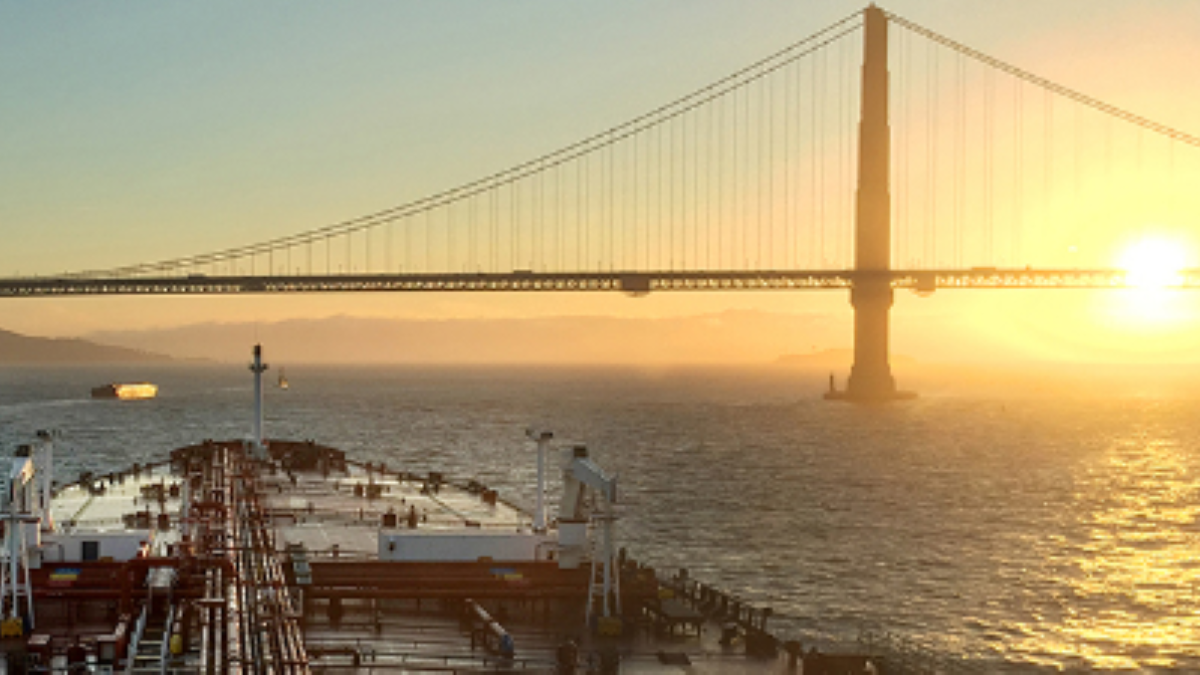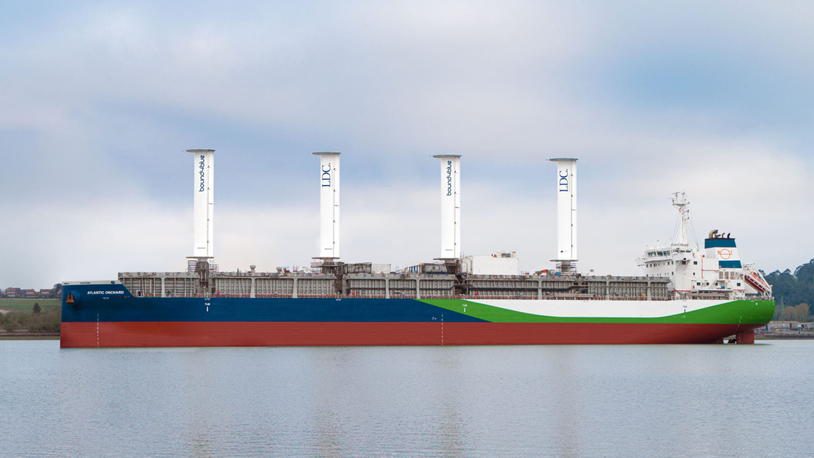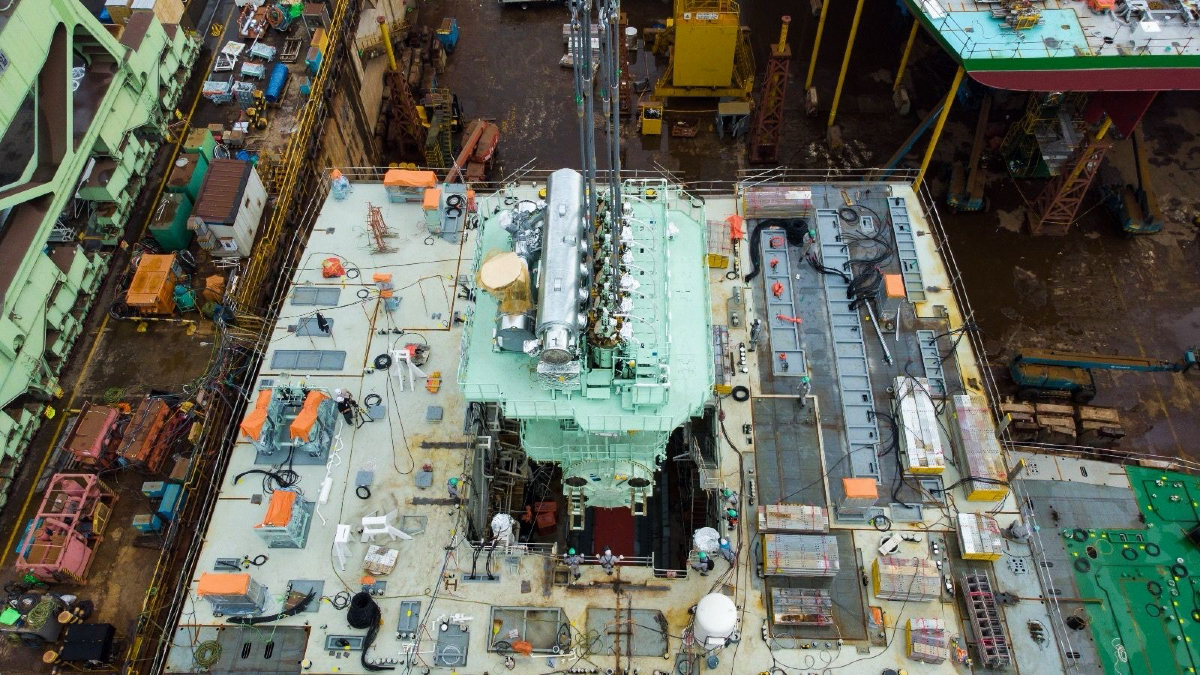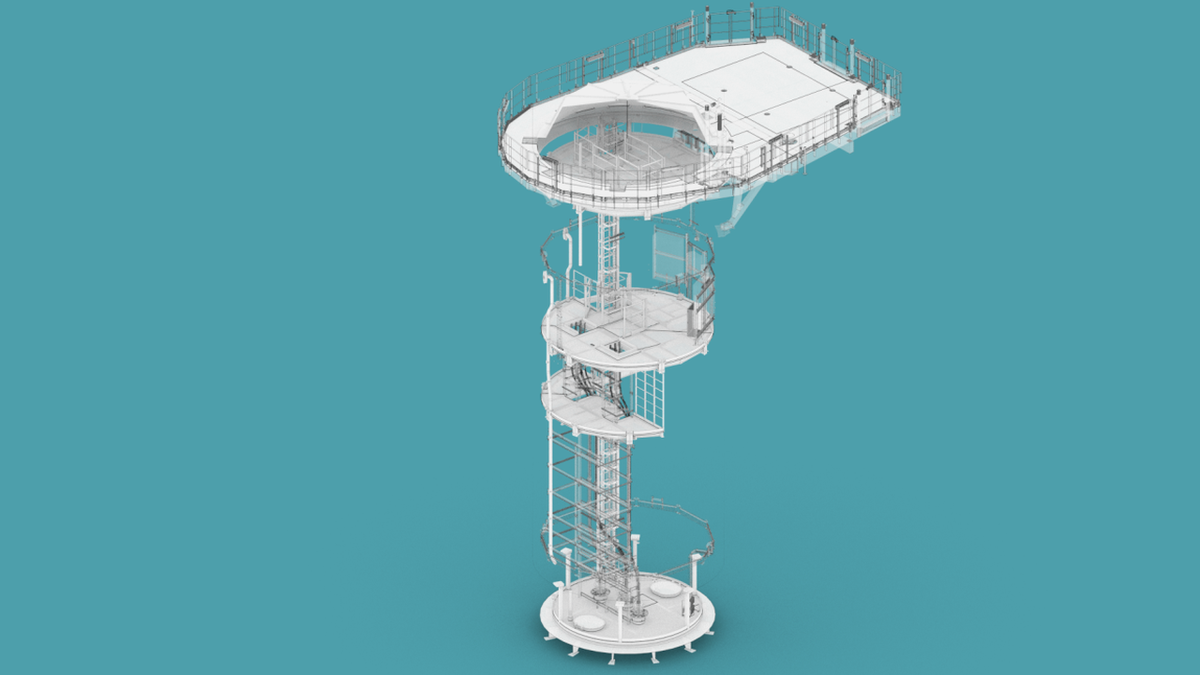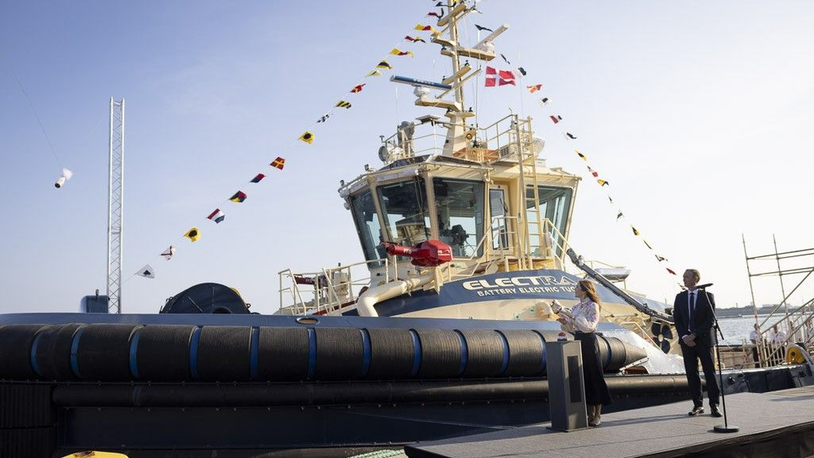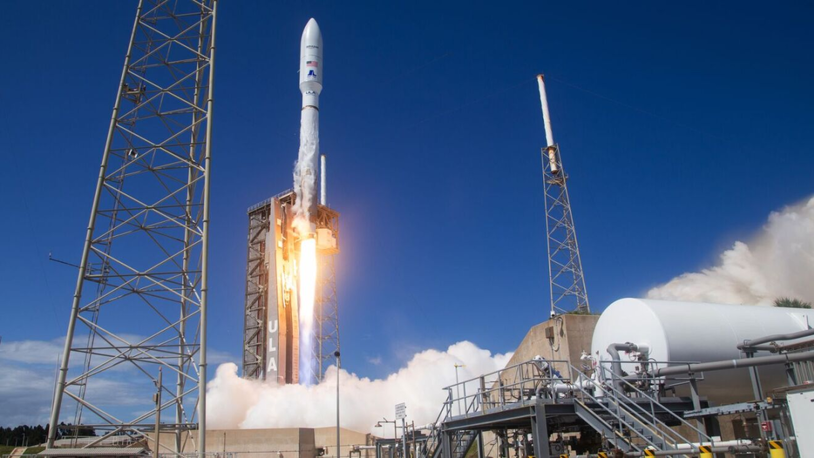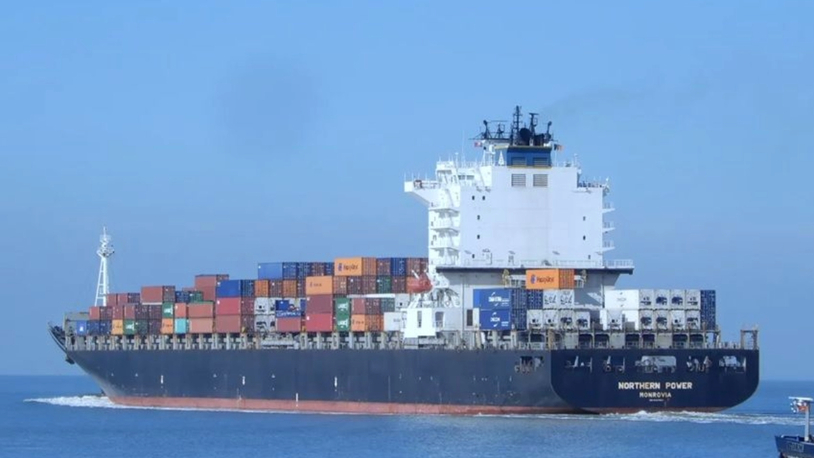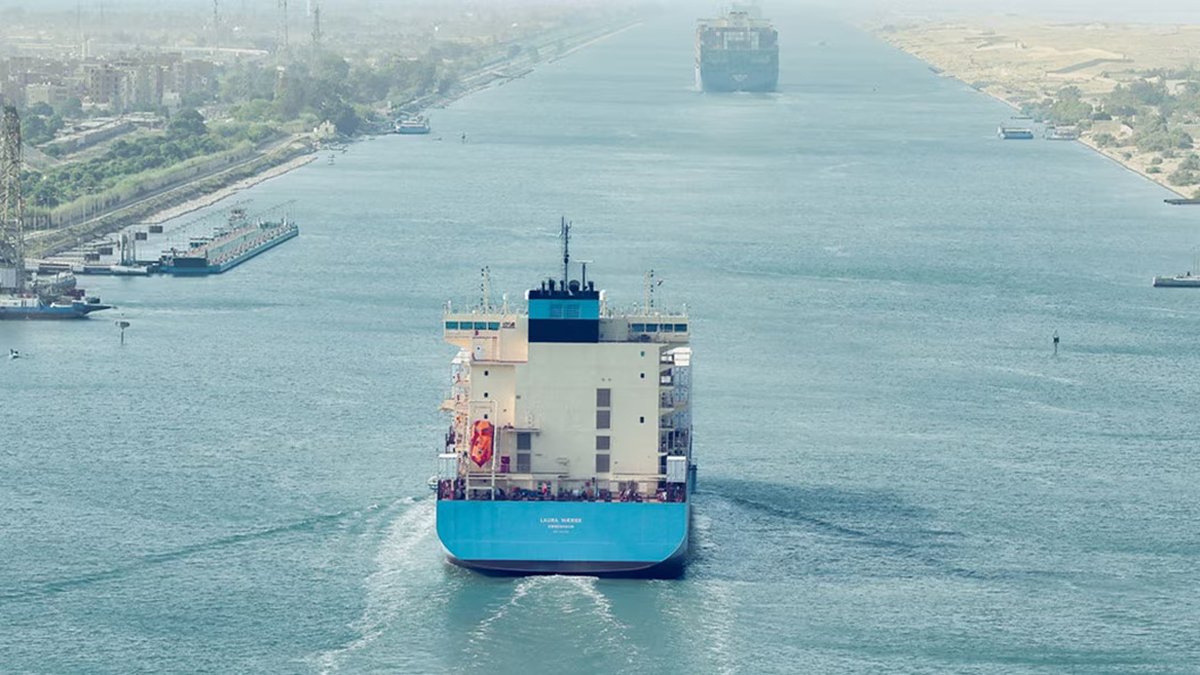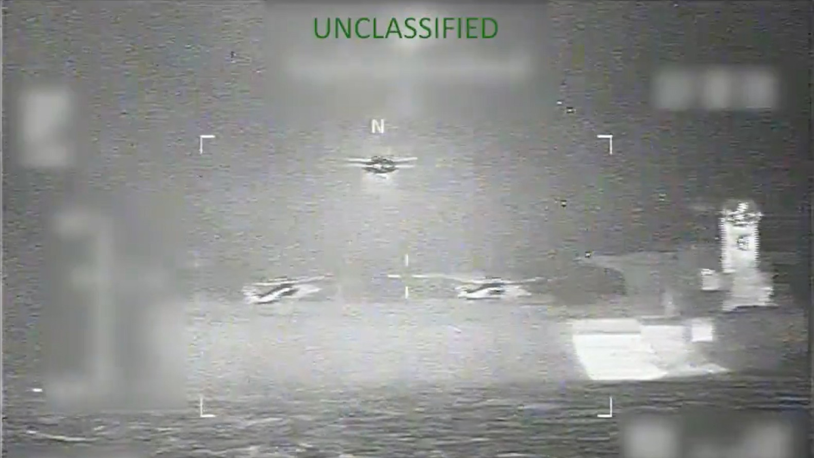Business Sectors
Events
Floating energy: successfully unlocking stranded gas using FLNGs and FSRUs
Contents
Register to read more articles.
The top five trends in tanker shipping and trade in 2024
Predicting the main trend that will impact tanker operations in 2024 is easy – EU ETS compliance – and it is going to have a big impact on both tanker owners and charterers
Shipping officially enters the EU Emission Trading Scheme on 1 January 2024, but at first, not much will happen. Shipowners and charterers will have to register to take part in the scheme, and, like booking for a Taylor Swift concert, there may be a period when systems are overwhelmed by the volume of those accessing the site.
Furthermore, the EU is to publish a list of companies that qualify for EU ETS, but ultimately, shipping joining the ETS is no big deal for the EU – the ETS has been running since 2005 with the daily trading volume billions of Euros each day.
It will also not be a problem for the large tanker companies like the Angelicoussis Group and Tsakos Shipping & Trading – these companies have the volume to buy in expertise and allocate staff internally to handle the new processes.
Speaking at the International Tanker Shipping & Trade Conference in Greece in November 2023, Hecla Emissions Management director Hugo Wilson, a company that helps customers navigate the complex administration around ETS, noted that only about 5% of shipowners currently have an account to interact with the ETS market, presenting potential issues for when the scheme incorporates shipping in January 2024, and EUAs are surrendered just 12 months later.
Like so many of the new administrative tasks imposed on shipping in the decarbonisation era, ETS management will be a difficulty to the tanker owners with only a few vessels and without the influence over charterers to hold much power over when allowances are surrendered. Towards the end of 2024 when this process is to take place, this could be a very fraught time. There are steep fines for failure.
INTERTANKO commercial manager and area manager Greece and Cyprus Dimitris Dimopoulos advised delegates that non-payment or delays in payment should be considered a breach of agreement similar to non-settlement of freight.
Therefore, one associated prediction is an increase in pooling or consolidation among the smaller tanker companies, and shipping companies in general, as they try to ramp up volume and mass to handle the process and gain the mass to have influence.
This is, admittedly, a secondary issue for most tanker companies and a bit fuzzy. What is clear is the fundamentals of tanker supply and demand. Even though there has been a small spike in newbuilding contracts, the fact remains the orderbook to fleet ratio for the whole fleet and sectors is very low.
According to Clarksons Research Services, the tanker orderbook at mid-November 2023 is only 4.3% of the whole fleet. The VLCC sector ratio is only 2.7%.
Fleet supply is also impacted by EU ETS and the other decarbonisation measures such as CII in that when demand for shipping services increases, vessel average speeds increase – more laden voyages produce higher earnings. But CII and EU ETS are dampeners on speed.
BIMCO estimates, “So far this year, crude tankers have sailed about 2% faster than last year, which will have increased supply by between 1% and 1.5%.”
VesselsValue reports that only 24 VLCCs are due for delivery in 2024 and only four in 2025. Therefore, it is with some confidence that I predict in 2024, a VLCC fresh out of the shipyard with achieve a premium over the price when ordered. Anyone taking delivery of a new VLCC in 2025 will be able to name the price.
But will these VLCCs be fitted with carbon capture and storage (CCS) technology? In the post-scrubber era, CCS is the next generation technology which is going to allow the burning of fossil fuels. But there is still some doubt over how that captured carbon will be regarded. According to current FuelEU rules, the ship will still pay for the carbon created under the polluter pays principal.
However, rules can change. Which is what may be required under IMO Carbon Intensity Indicator (CII). IMO has already agreed to revise some aspects but for those companies that gone down the route of improving CII rating, it must be frustrating that there is no clear punishment for those that did not.
Despite these issues, I expect CCS and further developments to improve CII will be some of the main themes in 2024.
One other issue may become more prominent in 2024 – chokepoints. The news that Iran/Yeman/Somalis (it is not clear at this time) may have boarded a tanker in the Middle East suggest special interest groups or terrorists are once again drawing attention to themselves and their cause through the relatively little cost of disrupting world trade. The east coast of Africa, Yemen and the Straits of Hormuz have all experienced this in the past.
If this activity restarts, coupled with the impending shortage of longhaul large tanker tonnage, freight rates and earnings for tankers could achieve remarkable levels in 2024. If past experiences are a guide, Posidonia in Greece in June 2024 will be an extravagant display as in days on old – one certainly hopes so.
Sign up for Riviera’s series of technical and operational webinars and conferences in 2023:
- Register to attend by visiting our events page.
- Watch recordings from all of our webinars in the webinar library.
Related to this Story
Events
Maritime Regulations Webinar Week
Floating energy: successfully unlocking stranded gas using FLNGs and FSRUs
© 2024 Riviera Maritime Media Ltd.


